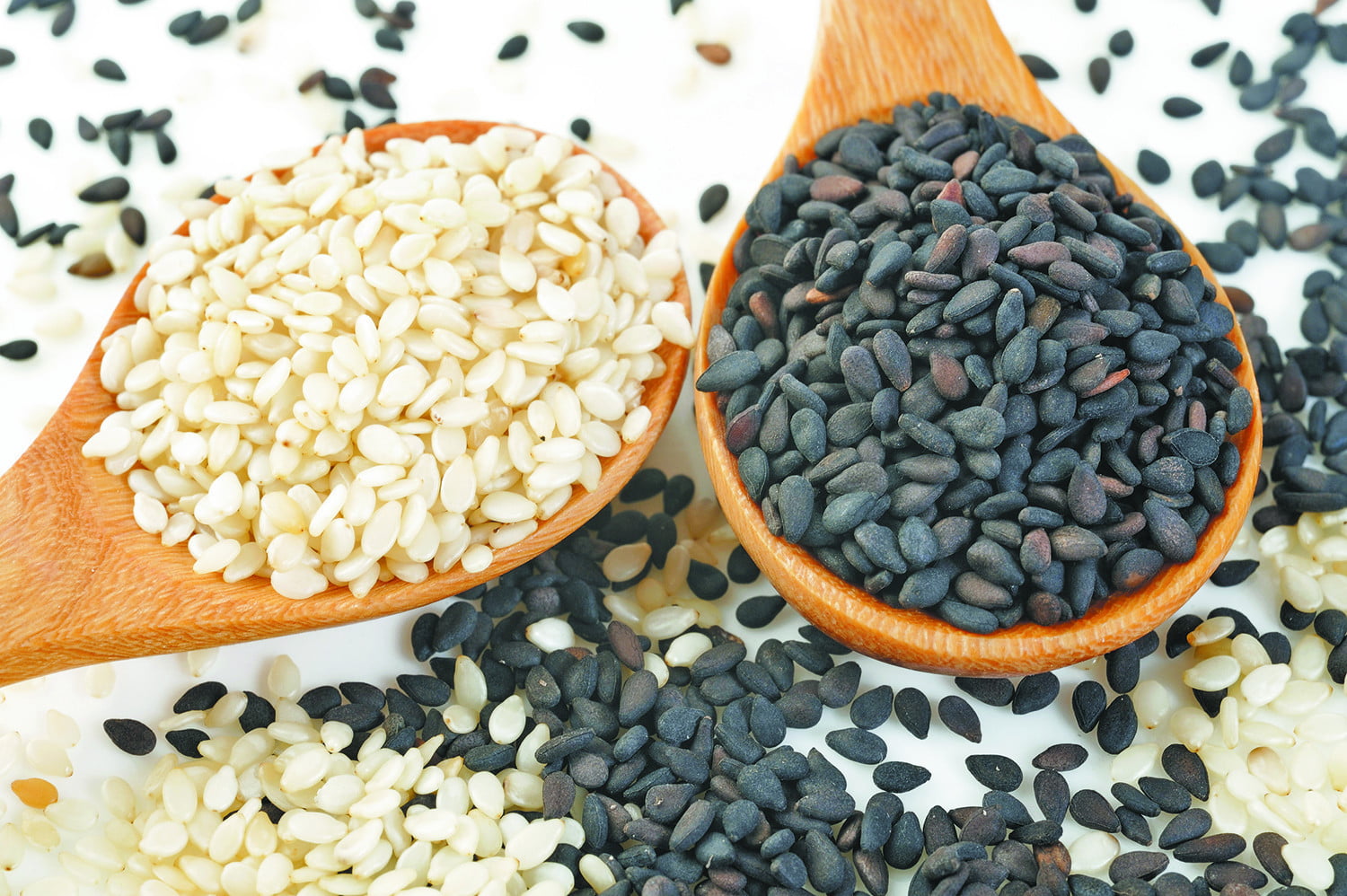Introduction:
Nestled in the heart of West Africa, Nigeria stands as a beacon of agricultural diversity and abundance. Among the myriad crops that contribute to the nation’s agricultural wealth, sesame seeds have emerged as golden grains, playing a pivotal role in the Nigerian agro commodity market. These tiny seeds, derived from the Sesamum indicum plant, have witnessed a surge in demand both domestically and internationally, transforming them into a key player in the economic landscape of the country.
Historical Roots:
The cultivation of sesame seeds in Nigeria has deep historical roots, dating back centuries. Indigenous to Africa and Asia, sesame seeds found their way to Nigeria, where the favorable climate and soil conditions fostered their growth. Over the years, farmers refined cultivation techniques, leading to increased yields and improved quality. Today, Nigeria stands as one of the leading producers of sesame seeds globally, showcasing the resilience of this crop and its ability to thrive in diverse agro-ecological zones.
Nutritional and Culinary Significance:
Sesame seeds are not just economic powerhouses; they also boast remarkable nutritional benefits. Packed with essential nutrients like protein, fiber, and healthy fats, sesame seeds contribute to a balanced diet. They are a rich source of antioxidants, vitamins, and minerals, promoting overall health and well-being. In Nigerian cuisine, sesame seeds play a significant role, adding depth and flavor to a variety of dishes. From traditional soups and stews to snacks and baked goods, these tiny seeds have become an integral part of the country’s culinary landscape.
Economic Impact:
The economic significance of sesame seeds in the Nigerian agro commodity market cannot be overstated. As one of the top producers globally, Nigeria has capitalized on the growing global demand for sesame seeds. The seeds are a vital export commodity, contributing significantly to the country’s foreign exchange earnings. The revenue generated from sesame seed exports has not only strengthened Nigeria’s position in the international market but has also provided a lifeline to countless farmers and communities engaged in sesame cultivation.
Employment Opportunities:
The sesame seed industry has emerged as a key driver of employment in rural Nigeria. From planting and harvesting to processing and packaging, the entire value chain of sesame seed production creates jobs at various levels. Smallholder farmers, in particular, have found a sustainable source of income through sesame cultivation. As demand continues to rise, the sesame seed industry has the potential to uplift even more individuals and communities, fostering economic growth and reducing unemployment rates.
Global Demand and Trade Dynamics:
Nigeria’s sesame seeds have become sought-after commodities in the global market, with countries across Asia, Europe, and North America expressing a growing appetite for these golden grains. The seeds are used in various industries, including food processing, cosmetics, and pharmaceuticals, further diversifying their market reach. The global trade dynamics of sesame seeds underscore their importance in the agro commodity market, positioning Nigeria as a key player in the international trade of this valuable crop.
Challenges and Opportunities:
While the sesame seed industry in Nigeria has experienced significant growth, it is not without its challenges. Inconsistent quality, lack of modern processing facilities, and inadequate infrastructure pose obstacles to maximizing the full potential of this commodity. However, these challenges also present opportunities for investment and innovation. Government and private sector initiatives aimed at improving infrastructure, promoting research and development, and enhancing value addition can further propel the sesame seed industry to new heights.
Sustainability and Environmental Impact:
As the world places increasing emphasis on sustainable agriculture, sesame seeds stand out for their relatively low environmental impact. These hardy crops require minimal water and are well-suited to the Nigerian climate. Sustainable farming practices, such as crop rotation and organic cultivation methods, can further enhance the environmental sustainability of sesame seed production. Embracing such practices not only benefits the environment but also ensures the long-term viability of the sesame seed industry.
Conclusion:
Sesame seeds have etched their place as golden grains in the Nigerian agro commodity market, weaving a narrative of economic prosperity, nutritional significance, and global relevance. As the nation continues to harness the potential of sesame cultivation, there is an opportunity for sustainable growth that benefits farmers, communities, and the economy at large. With strategic investments, research, and a commitment to quality, Nigeria can solidify its position as a leading player in the global sesame seed trade, reaping the rewards of this humble yet extraordinary crop.
Ajigofarms is a reliable global agricultural purchase sourcing with profound expertise in the manufacturing, and exportation of food crops. We are tested, and trusted suppliers of all kinds of cash crops and food crops. Our constant supply chain solution makes exporting easy, quick, and safe, we are identified with timeliness and meeting up with deadlines. Regardless of the region you are located in worldwide, you can reliably order your Agric products and be rest assured of successful delivery.




